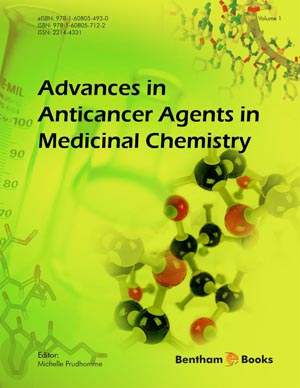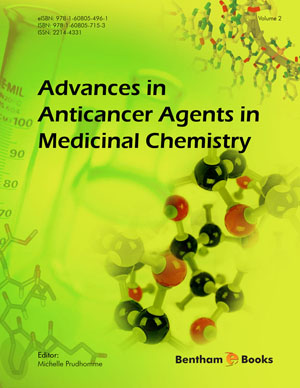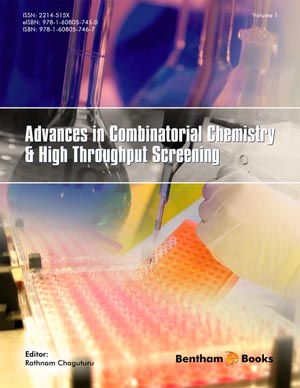Abstract
Tuberculosis (TB) is an airborne infectious disease caused by Mycobacterium tuberculosis (MTB) bacteria that is both preventable and curable. Although the mortality rate has decreased worldwide, the emergence of multidrugresistant MTB, extensively drug-resistant MTB, and MTB/human immunodeficiency virus are stifling attempts to control TB and are associated with high rates of morbidity, mortality, and impoverishment worldwide. Although the investment in research and development has grown in recent years, the development of new candidate drugs has not increased proportionally. Nevertheless, in the last few years we have seen some evolution in the development of antitubercular drugs. After a gap of over 50 years without any new drugs, several candidate drugs have been developed, offering new hope for the treatment of drug-resistant strains of TB. Instead of focusing on recently approved drugs or drugs close to approval, the objective of this review is to describe the recent advances in the organic synthesis of drugs in early stages of development (hit-tolead) that have shown good results in vitro in terms of the minimum inhibitory concentration, median inhibitory concentration, and selectivity index.
Keywords: Drug discovery, medicinal chemistry, tuberculosis.




















